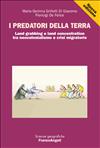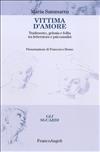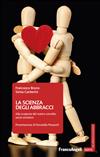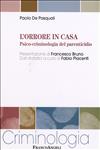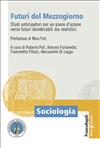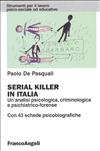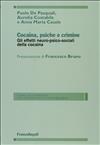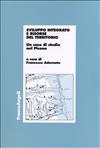The work is focused on the relationship between food production and environmental protection, which can be analyzed from two different perspectives. Industrial food industry is a business sector which, like others, produces negative "externalities": it is a possible source of land, water and natural habitats pollution, impacting the balance of the ecosystems. Except that, unlike other sectors of business, the food business needs a healthy environment, as the products involved in its production (food) are directly agricultural products (or zoo-technical) or transformed agricultural products (or zoo-technical). And for agriculture, natural resources are themselves elements of the business, its interests are the same of the collectivity for a healthy environment, as the abuse of natural resources can void the advantage of production determining a detriment for the company. In this context, food business entrepreneurial activity experiences, contextually, a dual role in the production of positive and negative "externalities". On the one hand, it is the addressee of the rules, impositions, constraints and limitations in acting to safeguard the environment, typical of each form of production. On the other hand, being agriculture an important part of the "food chain", the food business has a function of protection, preservation and regeneration of the environment and biodiversity and is the recipient of specific rules. In this study is analyzing both the first regulations (in particular those for the protection of climate change) and the second (in particular those in defense of biodiversity), in a context of European law.
